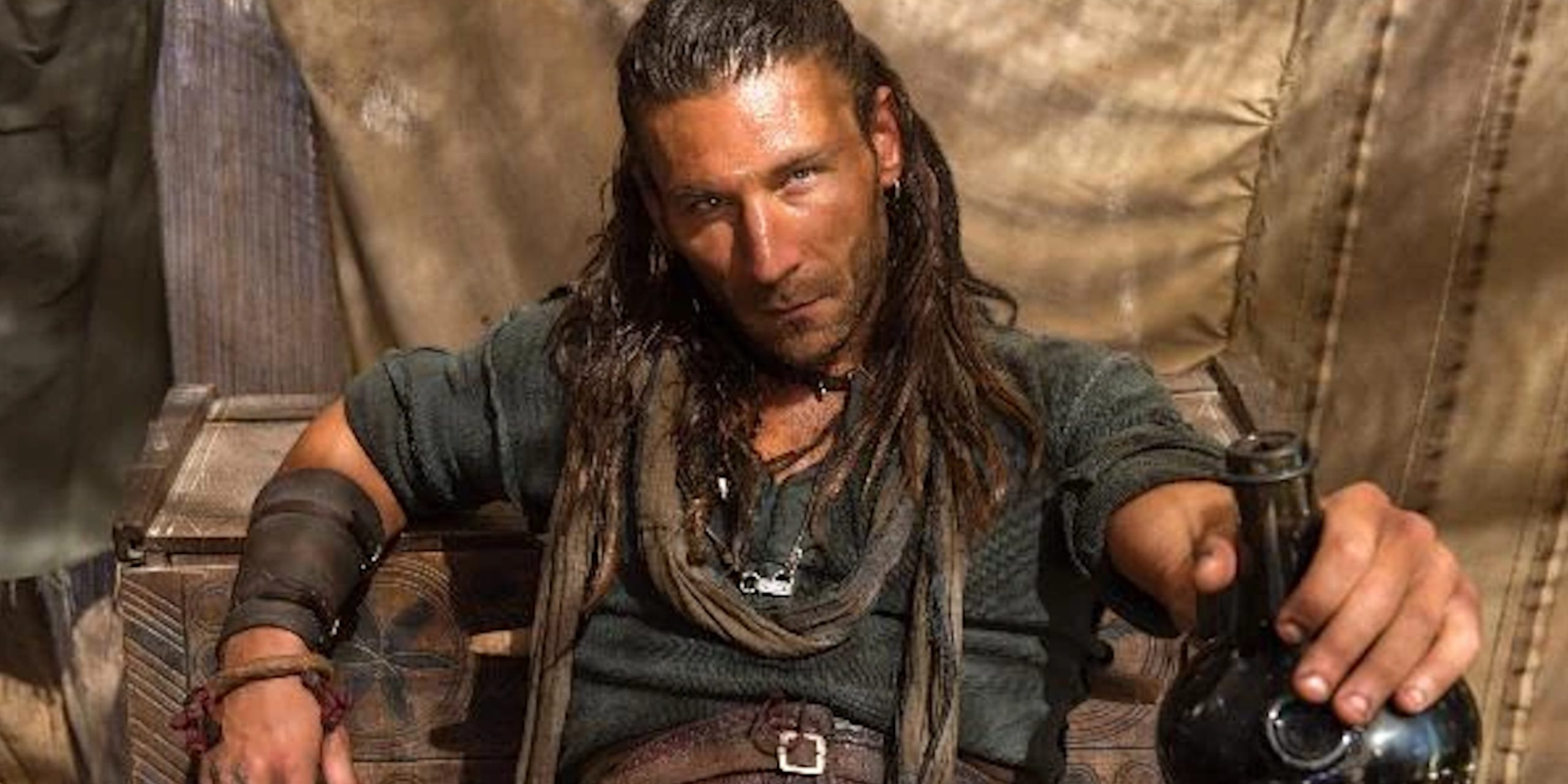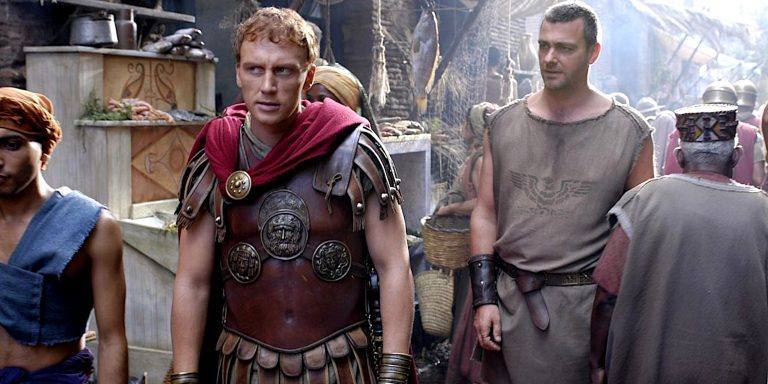
In Black Sails, Charles Vane isn’t a pirate for glory or ideology. He’s the human embodiment of chaos with a purpose. Vane’s story is one of rebellion against systems both external and internal, a refusal to bend the knee even when every pragmatic reason says he should. In a show that dissects piracy as politics, power, and performance, Vane stands apart as its beating, blood-soaked heart.
The Outlaw Among Outlaws
From the moment Vane storms into frame, he radiates a kind of energy that says he’s not here to make friends or join committees. While others like Captain Flint and Eleanor Guthrie talk about building civilisation, Vane’s version of freedom is much simpler: no masters, no compromise.
He’s not stupid, just allergic to hypocrisy. When Nassau’s pirates begin trading independence for safety under England’s pardon, Vane refuses. The man literally burns down his own fort rather than surrender to the new order. That’s not strategy, that’s principle , and Black Sails treats it as both admirable and fatal.
Vane vs. Civilization
Vane’s arc runs parallel to the show’s larger theme: can pirates truly create a society that isn’t just a reflection of the world they rejected? Flint wants to burn down the empire and build something new, but Vane sees that even pirates fall into hierarchies, politics, and manipulation.
When he confronts Eleanor after she aligns herself with England, the betrayal cuts deeper than any sword fight. He once saw in her a partner who shared his vision of freedom. What he gets instead is a reminder that even revolutionaries eventually start enforcing rules.
Vane’s rebellion is less about Nassau and more about human nature. He refuses to play the game, and pays for it.
The Execution Scene
One of Black Sails’ most haunting moments is Vane’s execution. Unlike Flint’s fiery speeches or Silver’s calculated moves, Vane’s defiance in death feels almost serene. He doesn’t plead. He doesn’t bargain. He simply stares down the crowd and declares that the world should remember him not as a monster, but as a man who wouldn’t kneel.
It’s a rare moment in the series where the myth of the pirate and the reality of rebellion fuse into something larger. Vane’s death galvanises the survivors, turning him from outcast to legend.
Vane’s Legacy
After Vane’s death, his presence lingers like smoke. Jack Rackham’s transformation from opportunist to true believer is fuelled by his friend’s execution. Even Flint, a man who despised Vane’s impulsiveness, ends up respecting what he represented, unfiltered freedom.
Vane’s rebellion becomes the moral centre of Black Sails. The world he fought against survives, but his refusal to conform remains the purest expression of pirate identity the series ever offered.
Why Vane Still Resonates
In a show filled with schemers, Vane’s authenticity is strangely refreshing. He’s proof that sometimes the most radical act isn’t winning, but staying true to yourself when everyone else starts negotiating.
For younger audiences watching Black Sails years after its finale, Vane reads almost like a punk icon in a tricorne hat. He’s messy, violent, occasionally stupid, but he’s never fake.
Seven Swords Takeaway
Charles Vane’s rebellion wasn’t about saving Nassau or changing history. It was about dying on his own terms. In a story obsessed with power and control, Vane reminds us that some people don’t want either. They just want to live, and die, free.
That’s not romanticism. It’s resistance.










